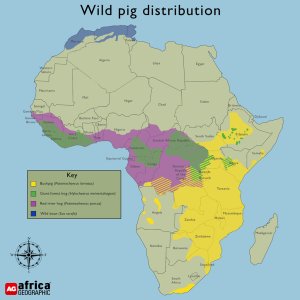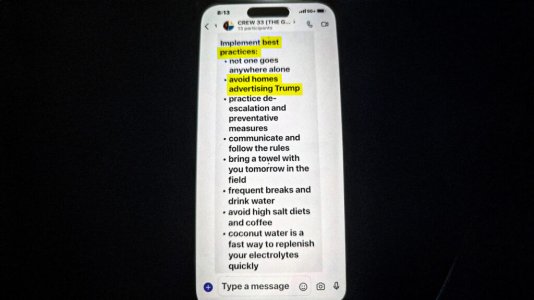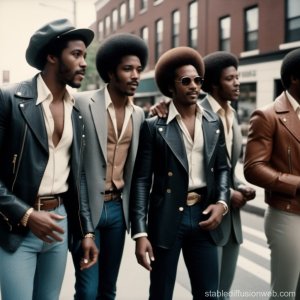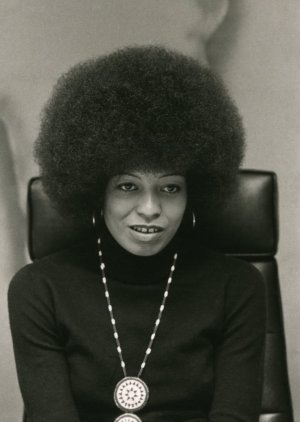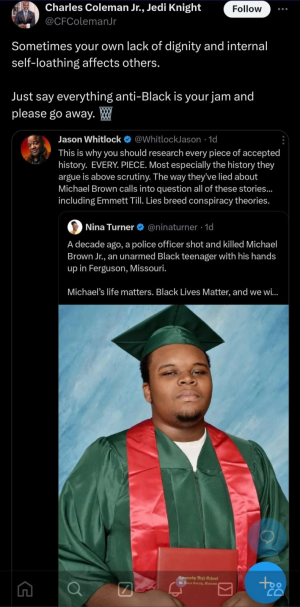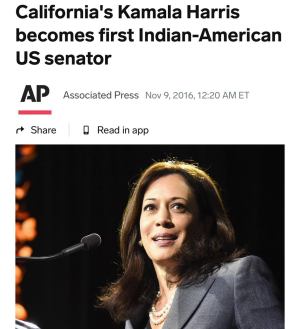- Jan 16, 2011
- 15,026
- 36,504
Pan-Africanism in Africa sort of died after the independence decades (1960-80s). The reality is that there's more to being African than the color of our skin (which doesn't apply to many native populations of the continent).
The main roadblock is the reality that the Ethiopian has little in common with the Senegalese; the Egyptian and Congolese don't share many common issues, of any. The Mauritanian and South African love under different climates, which influences their understanding of the world. Even at the individual country level, the cultural differences may be so great that people from different ethnic groups barely see themselves as part of the same nation. How do you make them buy into this idea of the shared continental destiny that is Pan-Africanism, especially after the colonial element (the common enemy) as been removed?
The main roadblock is the reality that the Ethiopian has little in common with the Senegalese; the Egyptian and Congolese don't share many common issues, of any. The Mauritanian and South African love under different climates, which influences their understanding of the world. Even at the individual country level, the cultural differences may be so great that people from different ethnic groups barely see themselves as part of the same nation. How do you make them buy into this idea of the shared continental destiny that is Pan-Africanism, especially after the colonial element (the common enemy) as been removed?








